The Marin County Short Sale: Not as easy as people think
Posted by Alex Narodny on Friday, August 21st, 2009 at 6:14am
 Short sales and foreclosures are the latest buzz words in the industry and whether you are a buyer or seller it is important to understand what they mean before jumping in. A short sale is a transaction in which a lender allows the real property securing the loan to be sold for less than the remaining mortgage amount due and accepts the proceeds as full payment of the loan. A lender may accept a short sale when the borrower is in severe financial straits and market conditions make a short sale the best choice to mitigate the lender's damages. This saves the lender the costs of foreclosure and the borrower avoids having a foreclosure on his or her credit report.
Short sales and foreclosures are the latest buzz words in the industry and whether you are a buyer or seller it is important to understand what they mean before jumping in. A short sale is a transaction in which a lender allows the real property securing the loan to be sold for less than the remaining mortgage amount due and accepts the proceeds as full payment of the loan. A lender may accept a short sale when the borrower is in severe financial straits and market conditions make a short sale the best choice to mitigate the lender's damages. This saves the lender the costs of foreclosure and the borrower avoids having a foreclosure on his or her credit report.- Loan modification: Talk to your lender and see if you can get a modification of terms which will ease the burden. There are many factors that will determine the loan's eligibility for modification. One of the sites that may be helpful is: http://makinghomeaffordable.gov/eligibility.html
- Tax reassessment: If the value of your home has dropped you may want to apply to have it reassessed. This will ease some of the burden.
- Talk to an attorney: Get advice and understand your rights and obligations from an attorney and/or accountant who is qualified to address all of the options and financial consequences. Be sure you consult the attorney before you sign anything sent out by the lender.
It is also important to understand the difference between a recourse and non-recourse loan. A non-recourse loan is one where that in the event of a default, the property is all there is to satisfy payment. The lender cannot come after you for the balance of an uncollected amount. A recourse loan is where you can be personally liable for any amount above what is collected in a short sale. A foreclosure may be a preferred option since it could require judicial proceedings for collection which would be unlikely. Again, consult your attorney for advice. He may even advise bankruptcy. A purchase mortgage is typically non-recourse while a refinance or a second line of credit may be a recourse loan.
Here is the determining question: Do you want to do whatever you can to keep the home or do you want to sell it and move on?
For more help with short sales check out our Short Sale Help section.

Leave A Comment